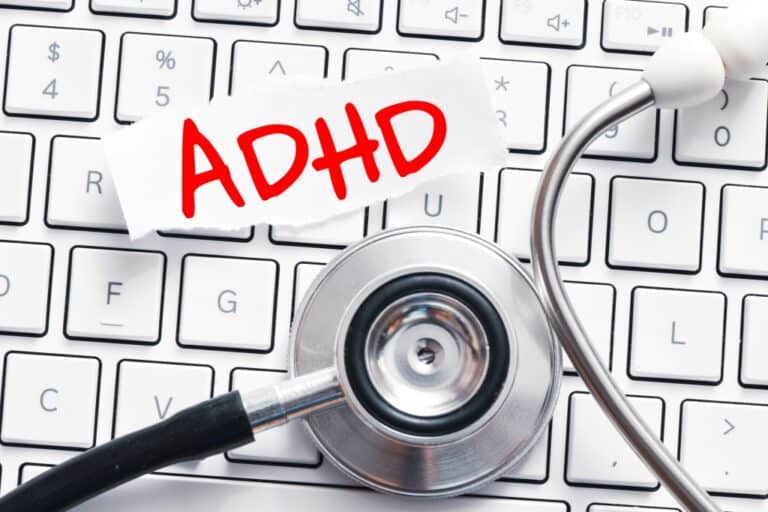Attention-deficit hyperactivity disorder (ADHD) is something that is often diagnosed in children, so it can be jarring when you receive an ADHD diagnosis as an adult. In many cases, adults with ADHD have spent most of their lives trying to fit into the standards set by society, and so an ADHD diagnosis can be immensely beneficial as a way for them to better understand their personality.
How Does Someone with ADHD Not Get Diagnosed Until Adulthood?
Young boys are the most likely to be diagnosed with ADHD, not because they’re more likely to have it, but because they present with symptoms that are more disruptive in a classroom. For some individuals, specifically girls, the symptoms of ADHD are more internal, meaning they don’t manifest as often as something easily visible to others. This means that these individuals are not usually diagnosed with ADHD, even though they struggle internally like everyone else with ADHD.
ADHD in Adults
ADHD symptoms are similar in adults as they are in children, but the way in which they impact someone varies since our general responsibilities change as we get older. For example, children with ADHD often struggle in school because they have a hard time paying attention, whereas an adult with ADHD may lose their job because they fail to pay attention and work as expected in the environment.
Some other ways in which ADHD can affect adults include:
- financial issues from impulsive spending
- academic probation in college
- relationship problems
- forgetting to pay bills
However, those with ADHD in adulthood will often only receive an ADHD diagnosis as a clinical disorder if it causes significant impairment, such as those listed above. Still, even if your ADHD does not impact your life to that extreme, it is beneficial to gain a better understanding of how your brain operates.
What are the Symptoms of ADHD?
The symptoms of ADHD are split into two categories: inattention and hyperactivity/impulsivity.
Inattention symptoms include:
- difficulty holding attention on tasks
- fails to give close attention to projects
- does not listen when spoken to
- does not follow through on instructions
- difficulty organizing tasks and activities
- avoids, dislikes, or is reluctant to do tasks that require significant mental effort
- often misplaces items
- is easily distracted
Hyperactivity and impulsivity symptoms include:
- fidgets with hands or feet
- difficulty remaining sitting
- feels restless
- difficulty completing leisure activities quietly
- always “on the go”
- talks excessively
- interrupts others
- difficulty waiting a turn
For children, a diagnosis requires the presence of six or more symptoms, whereas, for adults, only five symptoms need to be present in order to receive a diagnosis. Individuals can have ADHD that is predominantly inattentive presentation or predominantly hyperactive-impulsive presentation depending on what symptoms are present. Some people may also have symptoms from both categories, showing as combined presentation.
How Does A Late Diagnosis Impact Someone?
Spending your entire life feeling as though your brain does not function in the way that society expects can be frustrating and draining. Many people with undiagnosed ADHD may experience severe difficulties in their life, either professionally or personally. Receiving an ADHD diagnosis and beginning treatment is the first step to regaining control of your life.






